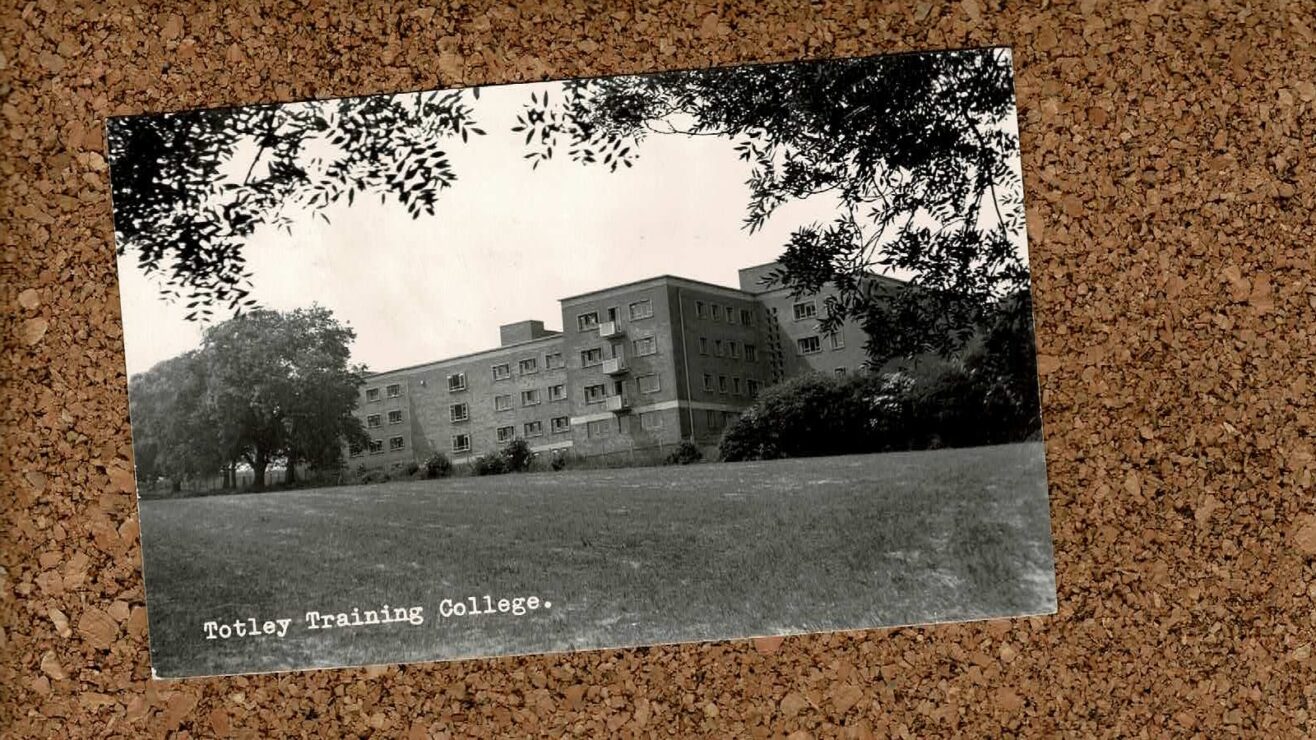Ever since the Competition and Markets Authority (CMA) clarified that students are, in law, “consumers”, periods of industrial action have tended to be accompanied by arguments that students should get “refunds” for lost teaching.
Sometimes such claims come from ministers, sometimes from regulators, sometimes from articles in the Tab.
Of course, the “student as consumer” thing, and the funding system that goes with it, tends to be cited as a cause of the issues at stake in most industrial disputes – although one thing I would say is that if refunds were clearly their right, and that right was straightforward for students to enforce, strikes would both be a lot rarer and faster to resolve.
I should also say that I generally don’t see much of a problem with students having the right to have promises that are made to them met. In other words, I would happily afford the rights that are present in the student as consumer relationship to home domiciled students undergraduates in Scotland.
But notwithstanding the reasons why the “right” over lost teaching is hard to discern or enforce, and a bunch of separate arguments about what a “refund” even means for a student involved in an income-contingent loan system, it’s the calculation that is usually the tricky part.
The tendency is to take the language of “tuition fee” (as if it pays for nothing else) and then to divide the fee paid by the number of hours not delivered or “made up for”. Despite the manifest problems with that kind of approach, when settling complaints OIA actually does use a thumb in the air ready reckoner of this sort – only it values the “tuition” at 50% of the equation when it recommends settlement payments.
In any case, I’m not sure that it’s the most important argument in the current dispute – either on the student end, the trade union end or the regulatory end. For me, there’s another piece of consumer protection law that matters much much more.
Be reasonable
The artificial parcelling of chunks of teaching into hours of purchased pedagogy is one way that we can look at the student-university “consumer” relationship. And I can see why academic staff might view that framing as a problem, partly because of the way it suggests that them and their professionalism and skill – deployed in both the “teaching” and all the stuff that surrounds it – is not important or of value.
But other frames – and aspects of consumer protection law – are available.
Under section 49(1) of the Consumer Rights Act, every contract to supply a service is to be treated as including a term that the trader must perform the service with “reasonable care and skill”. Generally, the level of care and skill expected is that of a reasonably competent business in the same profession as the trader, and there are not any circumstances under which the trader can exclude their responsibility to perform the service in this way.
This matters, because if we only thought about “things” or “goods” instead of “services” being provided by professionals, we’d struggle to give rights to people who take their car in for a service but where the Kwik Fit fitter misses various things and fits a new tyre incorrectly.
As such, one of the fascinating facets of the workload problems faced by many academics is the extent of public disclosure on social media that their marking may not be being done – through no fault of their own – with reasonable skill and care. Couple that with the increasingly anachronistic external examiner system, and we ought to have a major problem.
Students can’t currently challenge academic judgment, but similar magical defences of expertise in other sectors have rightly disappeared where service users have demonstrated that the suppliers of services are failing in their contractual duty to perform promised services with reasonable skill and care.
Surely there’s no judge in the land that would look at a workload model that gives someone half an hour to mark and develop feedback on a 2,000 word essay and say “yeah that’s reasonable”? Would a university dare to turn up to court to argue that it is?
But I don’t think this is only about the “service” of marking. More broadly, if students were able to enforce their rights in this way, there’s no way on earth half of the workload stories I’ve seen on social media would have been allowed to get this far.
Sustainability
If – by way of a single example in my mentions – it’s true that there’s an degree course somewhere being operated by a “visiting” academic, alone, who’s being paid for half a day a week for the teaching but not for the marking, prep, student support or raft of other tasks – they can’t be carrying out any of those tasks with reasonable care and skill. The consumer right here would support the academic to be treated as a professional.
Or imagine a large group complaint from students going as far as the OIA invoking the “reasonable care and skill” argument over a workload model that systemically fails to take into account teaching prep time or undercooks marking. How would OIA be able to do anything other than uphold the complaint and force long-term change?
It’s bizarre, dispiriting and in many way downright odd that when OfS invokes consumer protection law, it always uses the “chunks of teaching” framing – and never makes clear to students that they have the right to staff who are supported to deliver their side of the education bargain with reasonable skill and care, a phrase that doesn’t appear anywhere on the OfS website and isn’t referenced in this “strategic paper” on the issues.
In fact, an OfS (and while I’m here, a HEFCW and an SFC) and a CMA that made these sorts of rights clear to students, and gave them a clear path to enforcement, would force improvements to (and in some cases introductions of) workload models overnight.
Our innovative blended teaching model
All of which bring me back to the current industrial dispute. One thing that I find extraordinary about the current industrial dispute is that I’m assuming that the majority of universities haven’t looked again (or in some cases looked to start with) at their workload model for the new post-Covid era. My social media certainly suggests this anyway.
Students are being told (and sold) that a lot of thought has gone into the innovation in delivery they’re experiencing this year. But how does that match up with workload models left untouched? Surely if an organisation is doing something new or different, it should budget for it properly in people, time and cash?
Management is sometimes about sensemaking, mood music, feelings, narrative and purpose. But it’s also about time, money and capacity – and if we’re expecting too much on too little, everything that is done on mood music, feelings, narrative and purpose is pointless. And we’re letting students down – legally.
Put another way – I don’t know whether current academic workloads are sustainable. But what is clearly not sustainable is never stopping to work out, properly, if they are.














The real right that students have is to an education that moves them to where they want to be. Let’s say, and only for the sake of simplicity of discussion, that this can be measured by employability on graduation or earnings a certain time after graduation. (I don’t propose that these are the only goals!). The student should then be asking whether the entire degree process makes a good outcome in this sense highly likely. It is not the student’s business, or skill, to assess the quality of different workload models for academics in various disciplines in various institutions. A… Read more »
The outcome can’t be separated from the design or the staffing.
This makes some excellent points and I was amused by the comment: “surely there’s no judge in the land that would look at a workload model that gives someone half an hour to mark and develop feedback on a 2,000 word essay and say “yeah that’s reasonable”?” At my Russell Group institution we are allocated 20 minutes for marking and providing detailed individual feedback on 10 pages (about 3000 words) of online examination answer. Then the institution wonders why it performs so poorly on “assessment and feedback” in the NSS.